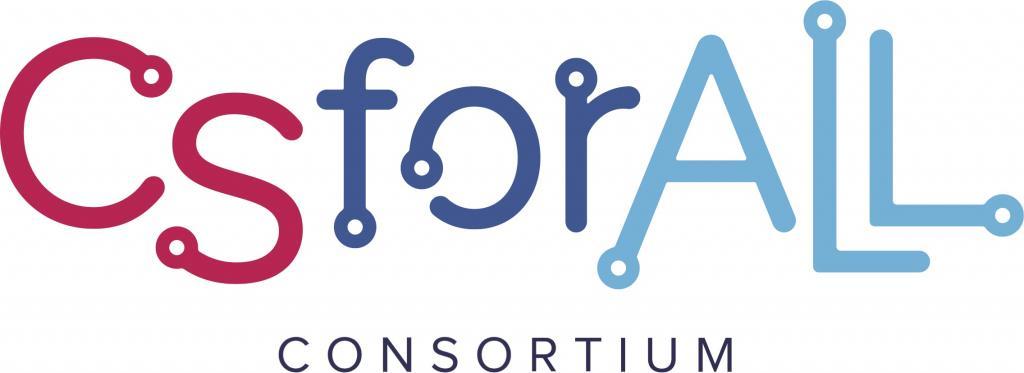Rural Girls Engaged in Math and Science Plus Technology
This project will advance efforts of the Innovative Technology Experiences for Students and Teachers (ITEST) program to better understand and promote practices that increase students' motivations and capacities to pursue careers in fields of science, technology, engineering, or mathematics (STEM) by engaging in hands-on field experience, laboratory/project-based entrepreneurship tasks and mentorship experiences.
